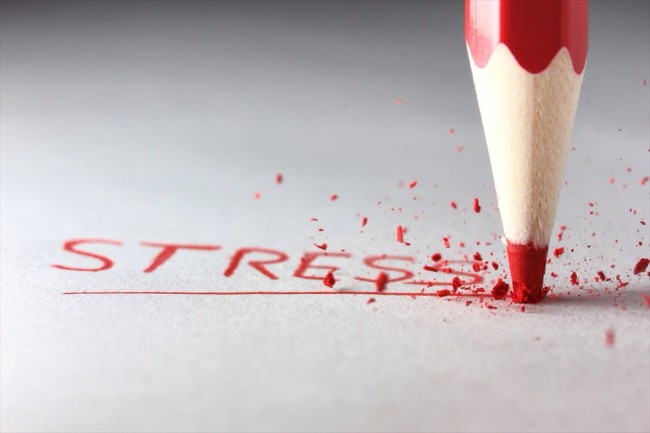Still Stressed? Emotions, Time, and Communication
In case you missed the previous post on stress management, check it out here!
During the fourth week (including spring break) we continued practicing mindfulness and using positive but realistic thinking. We also learned the STEPS method of problem-solving:
State the problem
Think of solutions
Examine the costs and benefits of a few solutions
Pick one and try it!
See if it worked: Is the problem solved?

Another important skill we discussed and practiced is assertive communication. For those who don’t have a problem with asserting themselves without any passive-aggressiveness, it may seem boring, but many people struggle with this skill.
Here are some guidelines and tips for assertive communication.
1. Assess your communication style. Do you voice your opinions or remain silent? Do you say “yes” to additional work even when your plate is full? Are you quick to judge or blame? Decide whether your style is contributing to more stress in your life.
2. Use “I” statements when you need to solve a problem that involes another person. Using “I” statements lets others know what you’re thinking without sounding accusatory and it will reduce the chances that you will make others respond defensively. For instance, say, “I disagree” rather than, “You’re wrong.”
3. Be clear about your goals. What are you trying to accomplish? Are you trying to convince someone to change their behavior or to help you with a problem? Also consider the importance of your relationship with this person.
4. Practice saying “no.” If you have a hard time turning down requests, try saying, “No, I can’t do that now.” Don’t beat around the bush; be direct. If an explanation is appropriate, keep it brief. It is OK to say “no” to others’ requests!
5. Practice what you want to say. If it’s challenging to say what you want or think, practice scenarios you typically encounter. Say what you want to say out loud. (It may help to write it out first.) Consider role-playing with a friend and ask for blunt feedback.
6. Use body language. Communication isn’t just verbal. Act confident even if you aren’t feeling it. Keep an upright posture when talking with others, and lean forward a bit. Make regular eye contact. Maintain a neutral or positive facial expression. Don’t wring your hands or use dramatic gestures. Practice assertive body language in front of a mirror or with a friend.
7. Keep emotions in check. Conflict is hard for most people. Maybe you get angry or frustrated, or maybe you feel like crying. Althought hese feelings are normal, they can get in the way of resolving conflict. If you feel too emotional going into a situation, wait a bit if possible, and work on remaining calm. Breathe slowly. Keep your voice even and firm.
8. Start small. Practice your new skills in low-risk situations (try it with a friend before you try it with your boss). Evaluate yourself afterward and tweak your approach as necessary.

On the fifth week we discussed managing time and emotions.
The research-based tips for time management include the following:
1. Write out a to-do list and prioritize tasks. Non-essential tasks can consume much of the day, so prioritizing helps ensure that your time and energy goes towards tasks that are truly important to you. If you’re overwhelmed with the sheer number of things to do, planning a to-do list by day of the week will help you prioritize.
2. Say “no” to nonessential tasks. Consider your goals and your schedule before agreeing to additional work. This includes saying “no” to yourself!
3. Break large, time-intensive tasks into smaller tasks. For example, a paper can be split into researching, outlining, drafting, and revising.
4. Practice the “10-Minute Rule.” If you really dread a task, work on it for just 10 minutes a day, using a timer. Perhaps it won’t be as bad as you initially predicted!
Managing Emotions
Finally, to manage emotions such as guilt, anger, sadness, and anxiety, we tried expressive writing for fifteen minutes a day for three days. I wrote about my thoughts and feelings, especially in regards to stressful events. Part of the purpose is to clarify my own understanding of an issue through writing, and the other part is to help me fully experience emotions rather than avoid or reject them.
Overall, the stress management study has given me a strong toolbox for when I’m faced with stressors, whether controllable or uncontrollable. Of course I’m not stress-free, but it certainly helps to be aware of these management techniques!